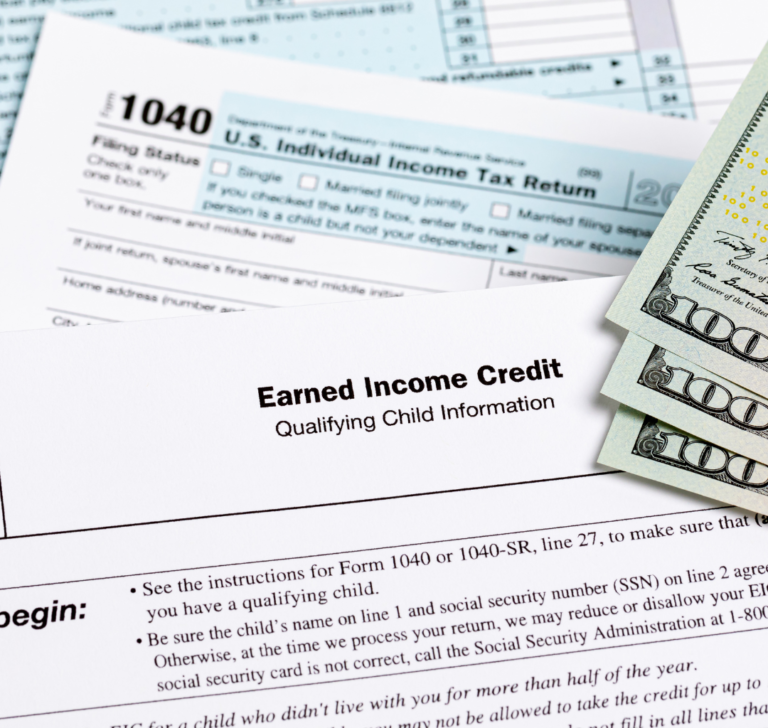Failure to meet taxes obligation can result in various penalties, staying informed can make a difference
Filing taxes can be a tedious task, but it’s crucial to fulfill tax obligations to avoid consequences. Self-employed truck drivers, in addition to their many responsibilities, must file their annual tax return to avoid financial and legal issues that could affect their careers on the road.
Failure to meet this obligation can result in various penalties. Below, we’ll examine the consequences of not paying taxes and why truck drivers should take this responsibility more seriously.
The importance of paying taxes
The Internal Revenue Service (IRS) is a vital entity in the United States, responsible for managing and enforcing federal tax laws. Acting as the guardian of tax obligations, its primary function is to ensure that both citizens and businesses meet their financial responsibilities to the U.S. government.
This entity is also responsible for imposing penalties and charges in case of delay or failure to file tax returns. For truck drivers, as well as for other U.S. citizens, these penalties can accumulate, resulting in increased financial burden. The IRS imposes a penalty of 5% of the unpaid taxes for each month of delay in filing tax returns, in addition to the potential loss of refunds and tax deductions, such as truck expenses, fuel, maintenance, and insurance.

Moreover, long-term non-compliance can result in wage garnishments, bank account levies, property seizures, charges for tax evasion, or even passport revocation. This can damage the truck driver’s reputation and business relationships, leading to the loss of contracts and job opportunities. How can truck drivers avoid this situation?
The tax payment process can be confusing, but there are professionals who provide the support and tools needed to make it more manageable. Once the truck driver decides to be proactive and take action regarding their tax responsibilities, it’s advisable to seek help from a qualified tax professional or accountant who understands the trucking industry. With guidance on how to gather the necessary documentation, manage various tax laws, and develop a strategy to meet filing requirements, dealing with the IRS will be less complicated.
But the work doesn’t end there; tax filing must be maintained, especially for self-employed truck drivers. Taking responsibility and dedicating the necessary time and effort to track income and expenses throughout the year, setting aside funds for tax payments, and staying informed about changes in tax laws will help avoid financial or legal problems.

The story of the first car race in Paris: a historic hit in 1894
Paris stands not only as a cultural and artistic epicenter but also as a pioneer in car racing In the history of automotive racing, Paris

Top states for driving in the United States in 2024
A WalletHub study compared all 50 states to determine the best driving conditions Road safety and quality are central concerns for drivers. And while the

Briefs: marijuana reclassification, vehicle fees, and climate grants
The trucking industry goes through new legislation, taxes and subsidies Questions about the proposed reclassification of marijuana The Owner-Operator Independent Drivers Association (OOIDA) supports the

Impact of traffic pollution: study reveals increase in blood pressure
A study from the University of Washington in Seattle reveals that the main cause of significant increases in blood pressure might be traffic-related gasses A

The benefits and careers of a Commercial Driver’s License
Having a CDL opens multiple doors within the trucking and transportation industry Having a Commercial Driver’s License (CDL) opens multiple doors within the trucking industry,

Sharing the road with a truck: steps to ensure your safety
Caution around blind spots and anticipating truck maneuvers are essential to ensuring everyone’s safety Truck drivers face significant challenges on the road due to their
